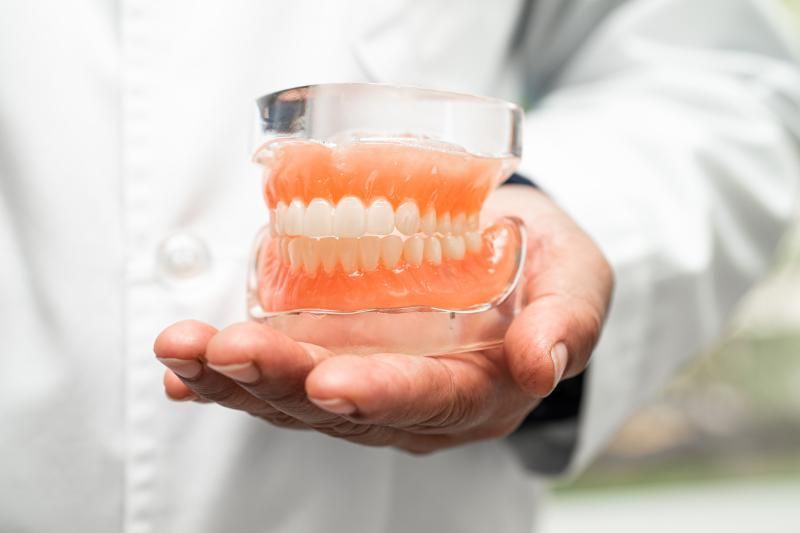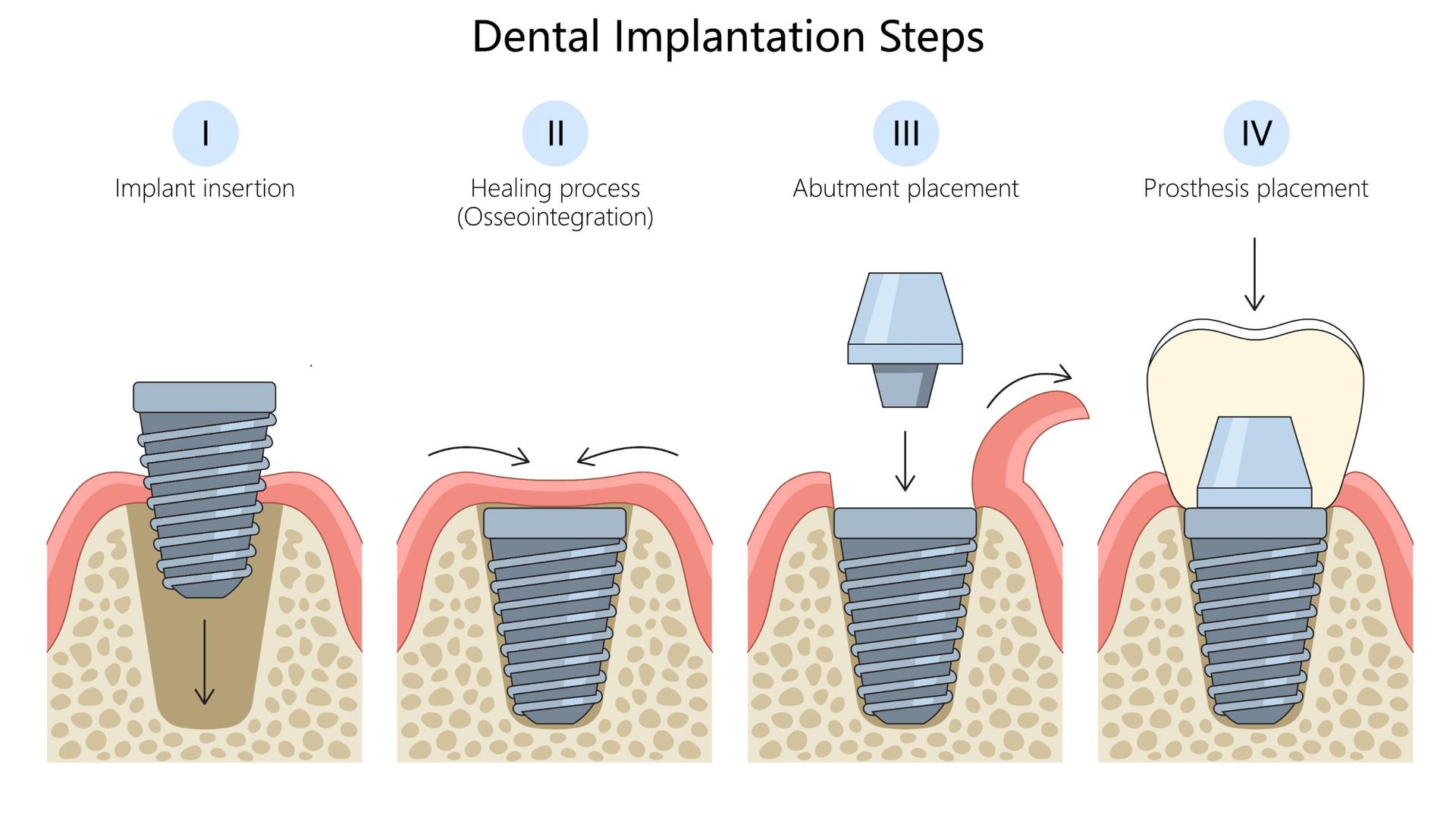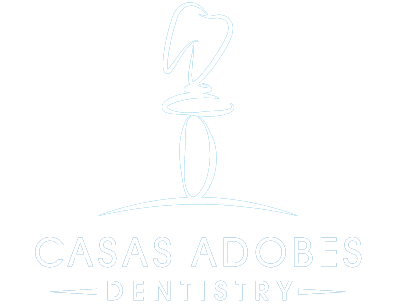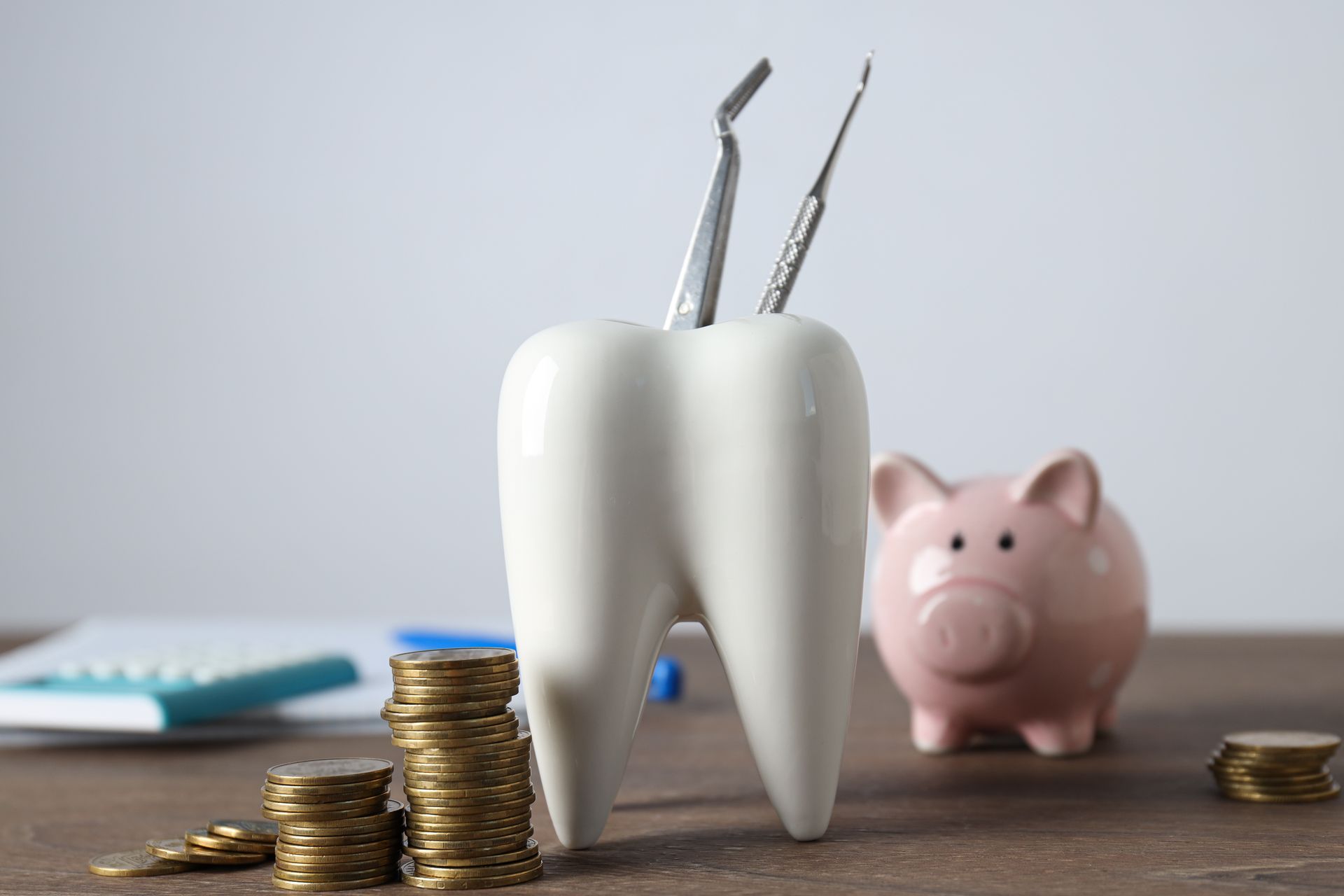Understanding the Permanent Denture Procedure: Benefits & Steps

Curious about the permanent denture procedure? This process attaches fixed dentures to implants in your jawbone, offering a secure solution for missing teeth. In this article, you’ll discover each step, from the initial consultation to attaching your new dentures, ensuring you’re fully prepared.
Key Takeaways
- Permanent dentures, supported by dental implants, provide stability and comfort unlike traditional removable options.
- The process involves multiple steps, including consultation, surgery, and recovery, with careful planning to ensure suitability for the patient.
- Benefits include preventing jawbone deterioration, improving self-confidence, and offering a natural appearance, while proper maintenance is essential for their longevity.
What Are Permanent Dentures?

Permanent dentures, often referred to as a permanent denture or implant-supported dentures, are a revolutionary solution for those who have lost one or more teeth. Unlike traditional dentures that can be removed, these are fixed appliances attached to the jawbone and can only be removed by a dentist. This design ensures they stay securely in place, providing a sense of stability and comfort that traditional dentures simply cannot offer.
The foundation of permanent dentures lies in dental implants. These implants mimic the function of natural tooth roots, providing a stable and comfortable base for the dentures. This means that you can eat, drink, and speak with confidence, knowing that your dentures won’t slip or move around. The comfort and security offered by permanent dentures make them a preferred choice for many patients over traditional options.
One of the standout features of permanent dentures is their long-term wearability. While traditional dentures need to be removed and can often be uncomfortable, permanent dentures offer a more seamless and natural experience. This makes them an excellent choice for anyone looking to restore function and aesthetics to their smile.
Initial Consultation and Assessment

The journey to obtaining permanent dentures begins with an initial consultation and assessment. This is a crucial step where your dentist will evaluate your oral health, including the condition of your teeth, gums, and jawbone. It’s during this assessment that the dentist determines if you are a suitable candidate for implant-supported dentures.
Several factors come into play when deciding the right treatment. The health of your jawbone is paramount, as a sufficient amount of jawbone is necessary to support the implants. Additionally, your medical history and personal preferences will be considered to tailor the best treatment plan for you. If you are missing most or all of your teeth or have several missing teeth in sporadic areas, you might be an ideal candidate for this procedure.
Preparation for Dental Implant Surgery
Before the actual dental implant surgery, several preparatory steps must be taken. During your preparatory consultations, your dentist will discuss various sedation options to ensure your comfort during the procedure. These options can range from laughing gas to IV sedation and local anesthetic.
The preparation also involves multiple stages, including tooth extraction if necessary, jawbone preparation, and implant placement. If you have damaged teeth that need to be removed, the dentist will perform the extraction by gripping the tooth with forceps and rocking it back and forth until it loosens.
In cases where the jawbone does not have enough volume to support implants, a bone grafting procedure might be required. This process involves adding bone material to the jaw to restore its volume and density, providing a strong foundation for the implants. Dental bone grafts are instrumental in ensuring the success of the implant-supported dentures.
The Dental Implant Surgery Process

The dental implant surgery itself is a meticulous process. It begins with the insertion of metal posts into your jawbone, which will serve as the foundation for the future dental work. This step is critical because these posts will act like the roots of your natural teeth, providing a stable base for the dentures.
Once the metal posts are in place, the process of osseointegration begins. This is where the jawbone gradually fuses with the implants, creating a solid and permanent bond. This phase can take several months, but it is essential for ensuring the long-term stability of the implants.
After osseointegration is complete, an abutment is placed on each implant. The abutment is a connector that links the implant to the artificial tooth or denture. Once this step is done, the final prosthetic tooth can be attached, completing the process.
While the journey may be long, the result is a set of dentures that feel and function like natural teeth.
Post-Surgery Care and Recovery

Caring for your mouth after dental implant surgery is crucial for a smooth recovery. Patients may experience some pain and discomfort, which can be managed by taking prescribed medications as directed. To reduce swelling, cold packs should be applied to the surgical areas for the rest of the day following surgery.
It’s important to refrain from smoking for at least 48 hours post-surgery, as smoking can impede the healing process. Additionally, wearing loose and comfortable clothing during the recovery period can help with overall comfort. Gently biting down on dentures during the initial recovery phase helps to keep them in place.
Other post-surgery care tips include avoiding the use of straws to prevent bleeding caused by suction and rinsing your mouth with warm salt water to alleviate soreness and aid in healing. Regular follow-ups with your dentist are essential to monitor your recovery and ensure the longevity of your implants.
Attaching Permanent Dentures
Once the implants have fully integrated with the jawbone, it’s time to attach the permanent dentures. During the fitting process, the dentist checks for any excess pressure on the gums to ensure a comfortable fit. These dentures are secured directly to the jawbone using dental implants, providing enhanced stability compared to traditional dentures.
With permanent dentures, you won’t have to worry about them shifting or wobbling during activities like chewing, eating, or speaking. This stability makes them a more secure and reliable option. Moreover, permanent dentures are designed to provide a natural appearance and comfort, making everyday activities like eating and speaking much easier.
Maintaining your fixed dentures involves brushing them just like your natural teeth and using floss threaders and interproximal brushes to keep them clean. This ensures that your new dentures remain in excellent condition and continue to provide the benefits you expect.
Adjusting to Your New Dentures
Adjusting to new permanent dentures can take some time. For the first few days, it’s advisable to start with a diet of clear fluids and gradually introduce more solid foods. It may take weeks or even months to fully adapt to wearing dentures. Several office visits might be necessary to achieve the optimal fit.
Common issues during the adjustment period include soreness, irritation, swelling, and sensitivity. Patients with upper dentures may also experience an increased gag reflex. If not properly fitted, dentures can cause sore spots, difficulty chewing, and even mouth infections.
To overcome initial difficulties in speech, practicing speaking by reading aloud can be very helpful. Biting down and swallowing can also help manage any slipping of the dentures. Patience and perseverance are key during this adjustment phase.
Benefits of Permanent Dentures
The benefits of permanent dentures extend far beyond merely replacing missing teeth. One major advantage is that they help prevent jawbone deterioration by acting as an artificial root system that stimulates bone renewal. This helps maintain a youthful facial structure, preventing sagging or changes in appearance.
The improved fit and function of permanent dentures can significantly boost self-confidence and enhance social interactions. They provide greater stability for chewing and eating, allowing individuals to enjoy a wider range of foods.
Moreover, permanent dentures eliminate the discomfort and insecurity of ill-fitting traditional dentures, leading to a more comfortable and secure experience. Many traditional denture wearers upgrade to implant-supported dentures for these reasons. With maximum stability and high patient satisfaction, permanent dentures are a popular and effective solution for tooth replacement.
Maintaining Your Permanent Dentures

Proper maintenance is crucial for the longevity of your permanent dentures. After meals, it’s important to rinse your dentures to remove any food particles. Cleaning routines should involve brushing your dentures with a soft-bristled brush and a gentle cleanser.
Dentures should be soaked overnight to retain their shape and moisture. Avoid using abrasive cleaners and hot water, as they can damage the dentures. Regular dental check-ups are vital to ensure your dentures fit properly and remain comfortable.
Starting the day after surgery, using a saltwater rinse can help cleanse the mouth and remove food particles. Following these maintenance tips will help keep your dentures in excellent condition and ensure they continue to serve you well.
Potential Risks and Complications
Like any surgical procedure, dental implant surgery carries potential risks and complications. These can include pain, discomfort, infection, and inflammation. Loss of retention can also affect both fixed and removable dentures, impacting their effectiveness.
Complications such as abutment screw loosening or fractures may occur, which might require adjustments or extensive repairs. Early dental implant failure is often due to inadequate bony healing and osseointegration. While the success rate of dental implants is high, studies indicate that a small percentage of implants may fail.
Understanding these risks is crucial for making an informed decision. With proper care and realistic expectations, the benefits of permanent dentures can far outweigh the potential complications.
Summary
In summary, permanent dentures offer a robust and reliable solution for replacing missing teeth. From the initial consultation to the final fitting, the process involves multiple steps designed to ensure the best possible outcome. The benefits of permanent dentures, including improved stability, comfort, and oral health, make them a worthwhile investment.
With proper care and maintenance, permanent dentures can significantly enhance your quality of life. If you’re considering this option, consult with your dentist to determine if you’re a suitable candidate. Embrace the journey to a beautiful and functional smile.

Frequently Asked Questions
What are permanent dentures?
How long does the dental implant surgery process take?
Dental implant surgery can take several months to complete, primarily due to the osseointegration phase where the jawbone fuses with the implant. This ensures a stable and long-lasting result.
What should I expect during the recovery period after implant surgery?
During the recovery period after implant surgery, you can expect pain and discomfort, which can be effectively managed with prescribed medications. Additionally, using cold packs can help reduce swelling, and adhering to your dentist's care instructions is crucial for a smooth recovery.
Are there any foods I should avoid with permanent dentures?
You should avoid hard and sticky foods with permanent dentures to prevent damage, especially during the adjustment period. Prioritizing softer foods will help ensure your dentures remain intact and comfortable.
What are the potential risks of dental implant surgery?
The potential risks of dental implant surgery include pain, discomfort, infection, inflammation, and the possibility of implant failure. With appropriate care and attention, these risks can be effectively minimized.







